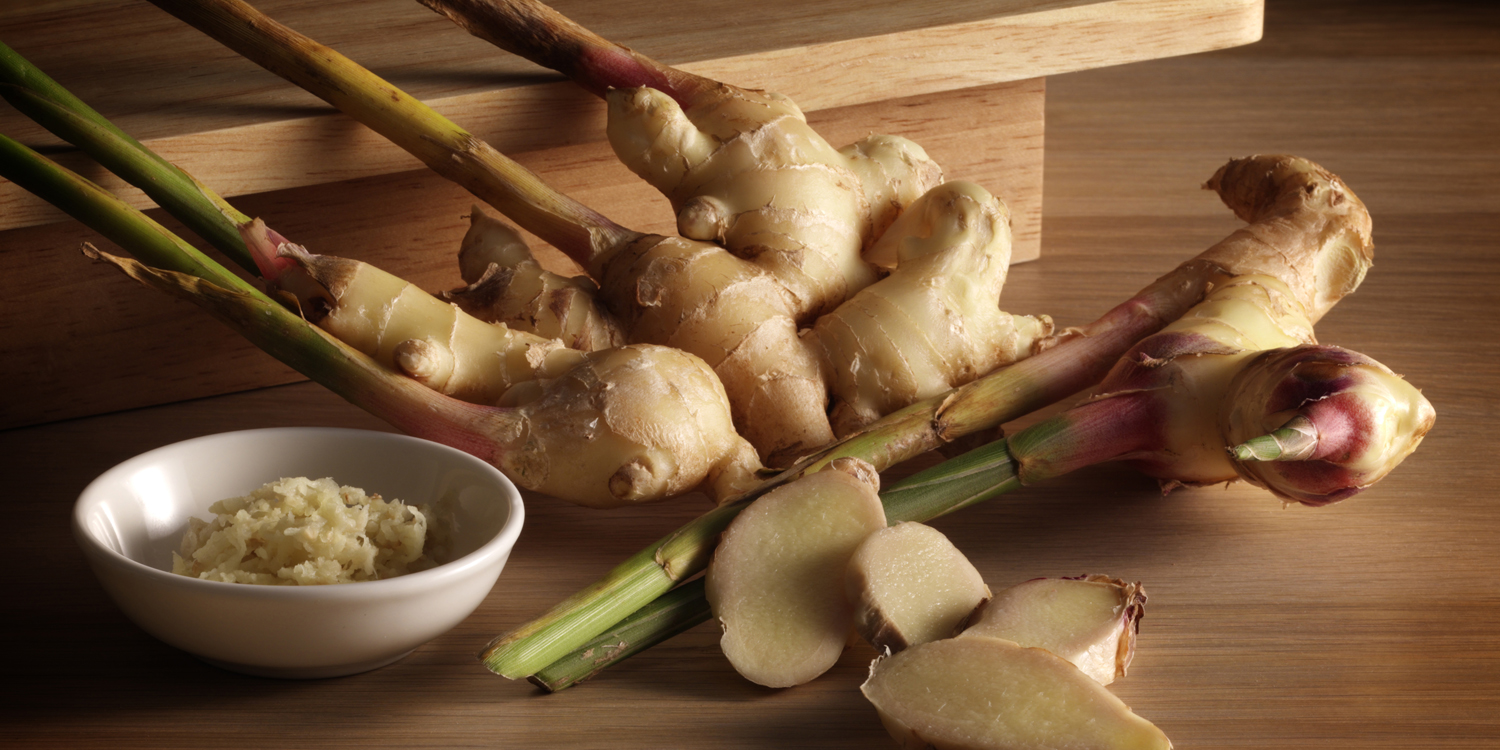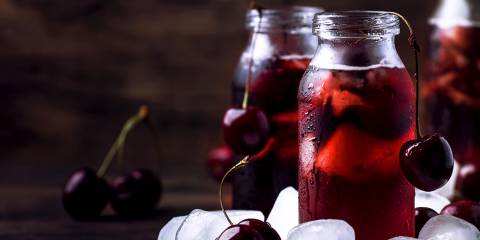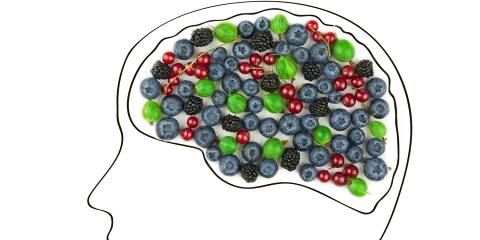A warming herb, ginger, has been widely used by Indian and Chinese physicians for centuries, and it is referred to by Ayurvedic doctors as a “universal great medicine.” It is often used as a digestive aid (remember your grandmother giving you ginger ale for a stomachache?) and has gained popularity in the Western world for its antioxidant and anti-inflammatory properties.
The Science Behind Ginger
Ginger root has long been investigated for its therapeutic properties, and current research around the world continues to find new uses for this herb.
Research in India suggests that ginger extract enhances the action of antifungal agents in the liver and kidneys. In another study, ginger and its derivatives were found to be potentially effective in the clinical treatment of E. coli-induced diarrhea, the leading cause of infant death in developing countries.
Pregnant women have reason to use ginger, as it was found to reduce nausea and vomiting that sometimes accompany the early stages of pregnancy. In addition, nausea and vomiting after major gynecologic surgery were lower in patients who received ginger before surgery. In yet another study, substances in ginger appear to reduce the viability of gastric cancer cells by enhancing the cells’ tumor surveillance mechanism.
Cooking Tips
Don’t be intimidated by ginger’s knobby appearance. This root is easy to peel with a sharp paring knife; then slice, mince, or julienne.
When adding to recipes, note that the longer ginger is cooked, the subtler its flavor will be. If you are looking for a pungent punch to your dish, add ginger near the end of the cooking process. Ginger may also be eaten raw. Try experimenting with this versatile herb—grate it into dressings, add it to juices, or sprinkle it on top of fruits or green leafy salads.
Yes, It’s All From the Same Herb!
Fresh ginger root, sold whole in supermarket produce sections, contains the most health benefits and freshest taste, but there are several other forms of ginger that add flavor and texture options, as well as convenience to your meal preparations. Powdered, crystallized, dried, and pickled gingers are all good forms of this herb to have on hand.




